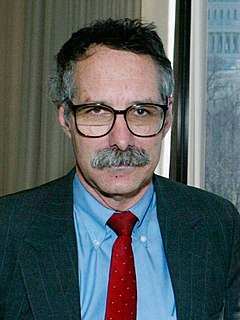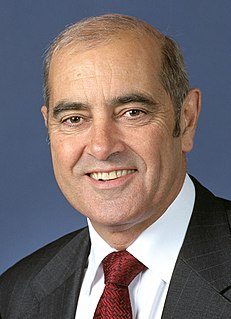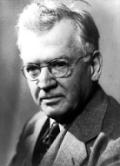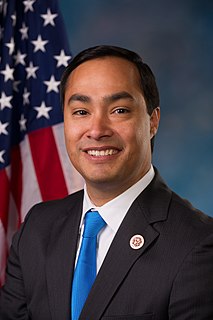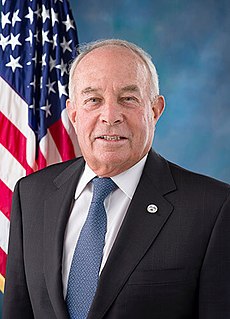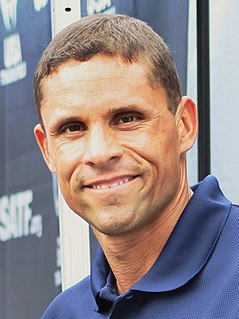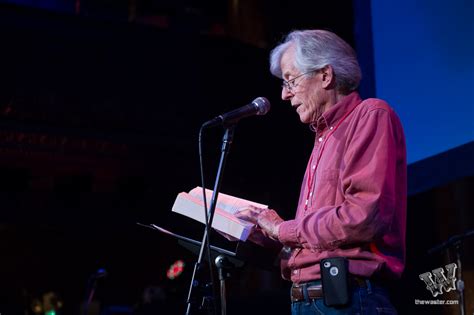A Quote by Friedrich Engels
I have learned more [from Balzac] than from all the professional historians, economists, and statisticians put together.
Quote Topics
Related Quotes
Probably the only people left who think that economics deserves a Nobel Prize are economists. It confirms their conceit that they're doing 'science' rather than the less tidy task of observing the world and trying to make sense of it. This, after all, is done by mere historians, political scientists, anthropologists, sociologists, and (heaven forbid) even journalists. Economists are loath to admit that they belong in such raffish company.
... we weren't very professional; she could have gone to almost any town and put together a smoother ensemble, but we were pioneers, and professional musicians probably wouldn't have come up with what we did ... professional musicians probably wouldn't have given Janis Joplin the space to be herself, which was probably our greatest gift to her
It is often sadly remarked that the bad economists present their errors to the public better than the good economists present their truths. It is often complained that demagogues can be more plausible in putting forward economic nonsense from the platform than the honest men who try to show what is wrong with it.


